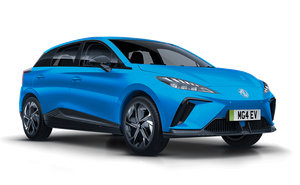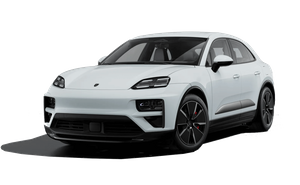Range
The Nissan Ariya comes with a couple of battery options. You can only have the smaller battery with front-wheel drive, which offers a WLTP range of up to 250 miles. The bigger battery can be had with either front-wheel drive for the Ariya’s maximum WLTP range of 330 miles, or you can have lots more power and four-wheel drive in the Nissan Ariya E-4orce model for a range of 319 miles.
That’s not bad, although rivals like the Tesla Model Y and Renault Scenic E-Tech have longer ranges. In the real world, we found the Ariya to be pretty efficient and in very warm weather and relaxed driving we managed 4.4miles/kWh, which is actually suggests that you might better the claimed official range. However, in more realistic driving in the UK, with cooler temperatures and more varied driving conditions we saw 3.8m/kWh in the 63kWh car, which is good for a 239 miles real-world range. Expect that to drop to under 200 miles in winter conditions, especially if you’re on the motorway.
Our time in the bigger battery E-4orce Nissan Ariya suggests that you’ll see between 240- and 300 miles of range depending on the conditions and how you’re driving.
Every Nissan Ariya gets a standard heat pump, which helps to deliver more efficient winter running (and is an expensive option on some rivals).
Battery
The Ariya comes with the option of a 63kWh or 87kWh lithium-ion battery. Those are the usable battery capacities – meaning that these are the capacities that you’ll actually be charging and discharging – and they’re the battery sizes that you’ll see Nissan stating on its public site.
Every modern electric car keeps a little bit of the battery capacity in reserve, as it helps with the battery health and longevity. The total capacity includes those ‘zombie’ cells that sit around and keep your battery in fine order, and for the Nissan Ariya’s batteries come in at 66- and 91kWh respectively.
Charging
The Nissan Ariya can charge at up to 130kW, which is on a par with rivals like the VW ID.4 but is quite a bit slower than the Tesla Model Y, Hyundai Ioniq 5 and Kia EV6. It’s still good enough that a 10-80% top-up at a powerful enough rapid charger will take around 30 minutes for the 63kWh battery, or more like 40 minutes for the 87kWh unit.
Plug into a standard 7kW home wallbox and you’ll have a full battery in either 10- and 14 hours, for the smaller and bigger-battery Ariya models respectively. You can pay to upgrade to 22kW AC charging, which means that you can take advantage of the ‘destination charger’ points that you normally find in town centres or gym car parks. There’s no point in upgrading to this faster AC charging unless you think you’ll regularly make use of the occasional 11- or 22kW charger; it won’t increase your charging time at home, as most residences in the UK can only support charging at up to 7.4kW maximum.
The Nissan Ariya uses a CCS and Type 2 socket, just the same as almost every other electric car on sale. It will be compatible with the vast majority of home- and public chargers in the UK and Western Europe.











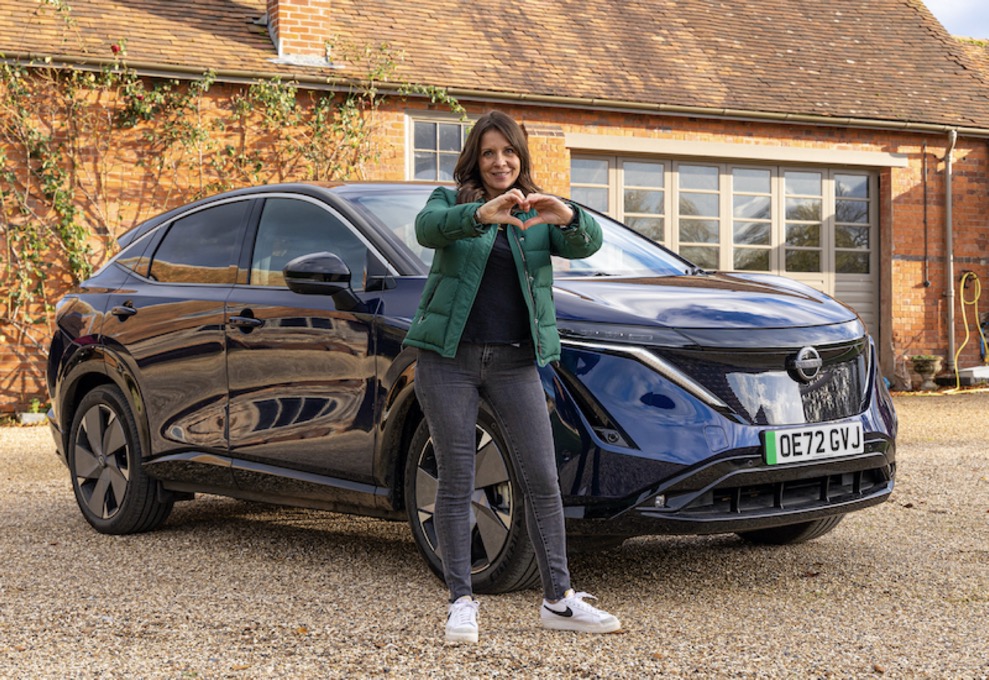
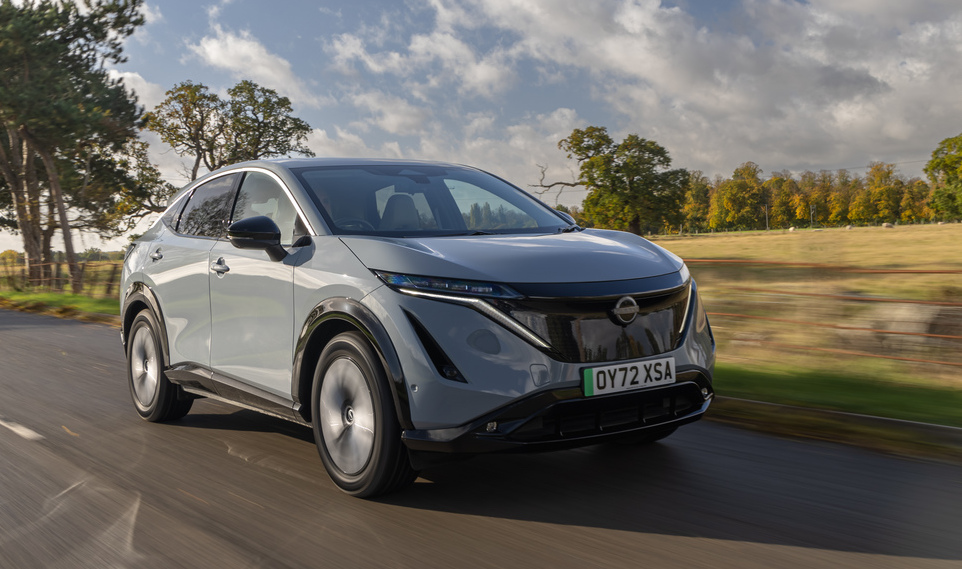-1200x800.jpg)
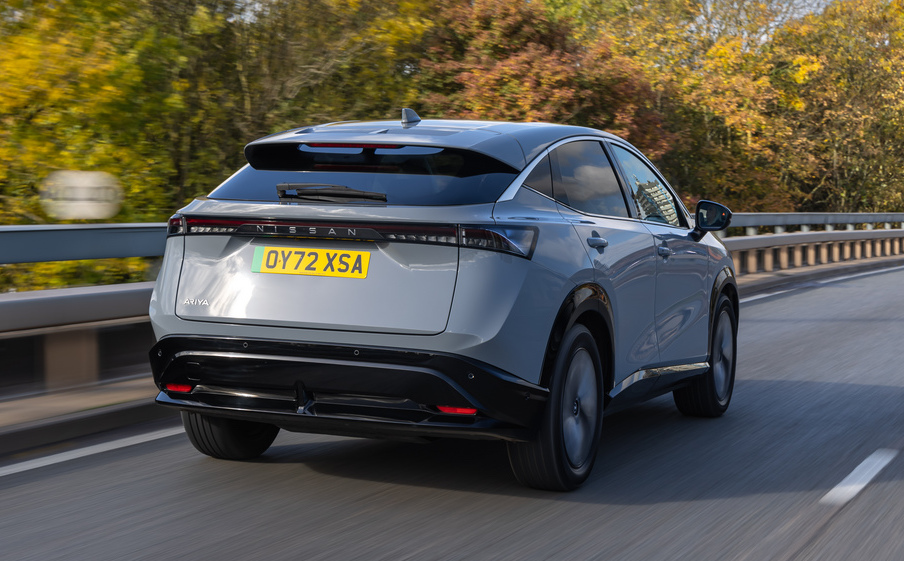-1200x800.jpg)
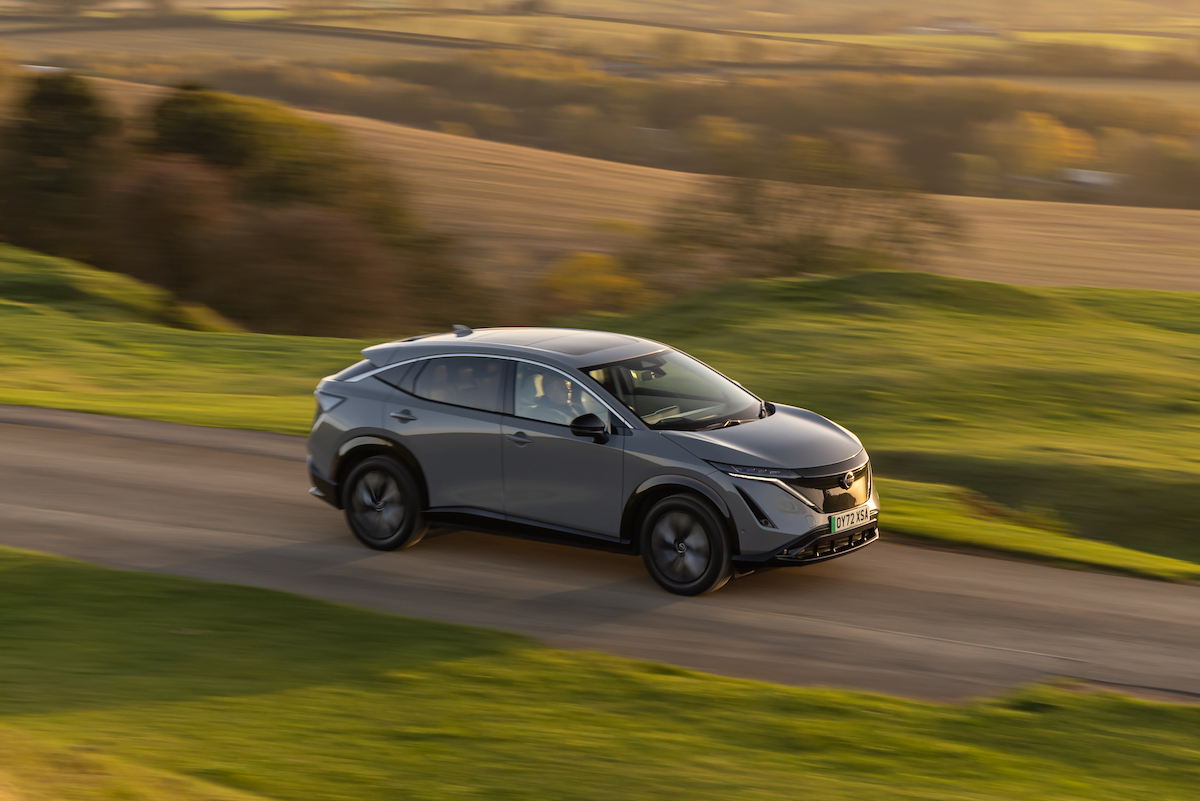-source.jpg)
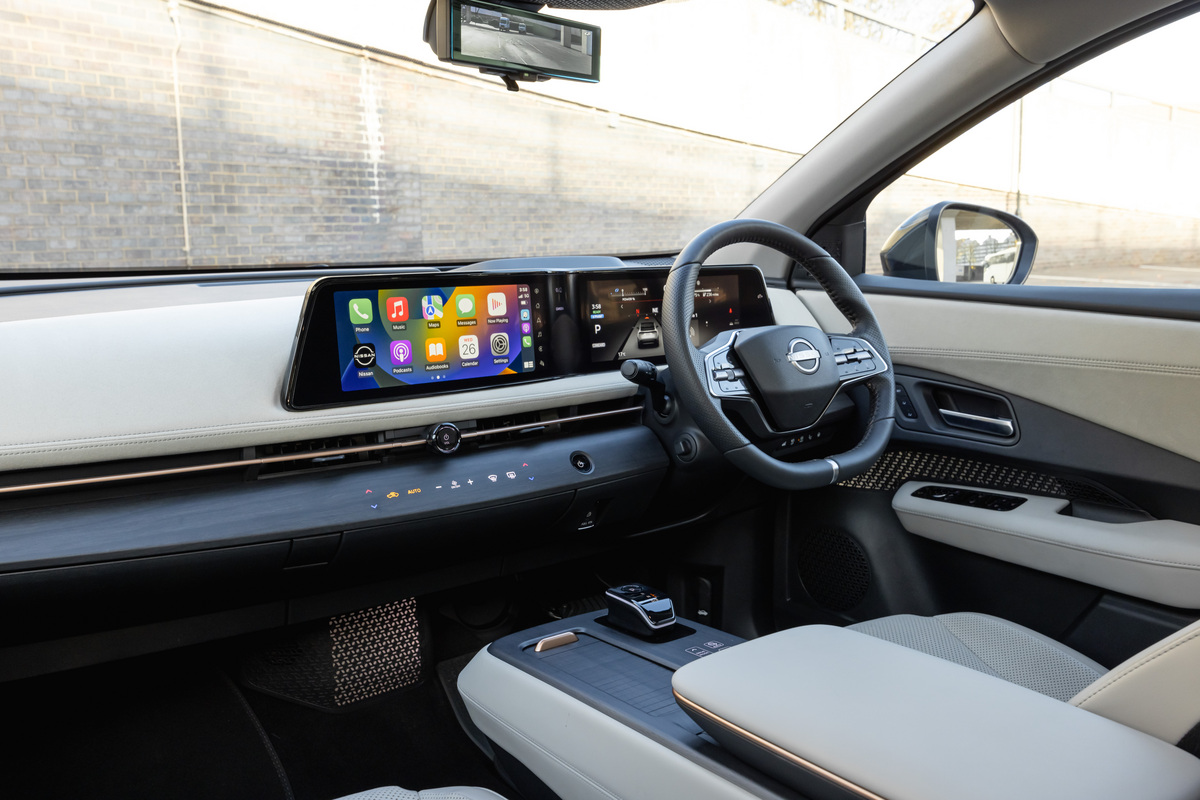-1200x800.jpg)
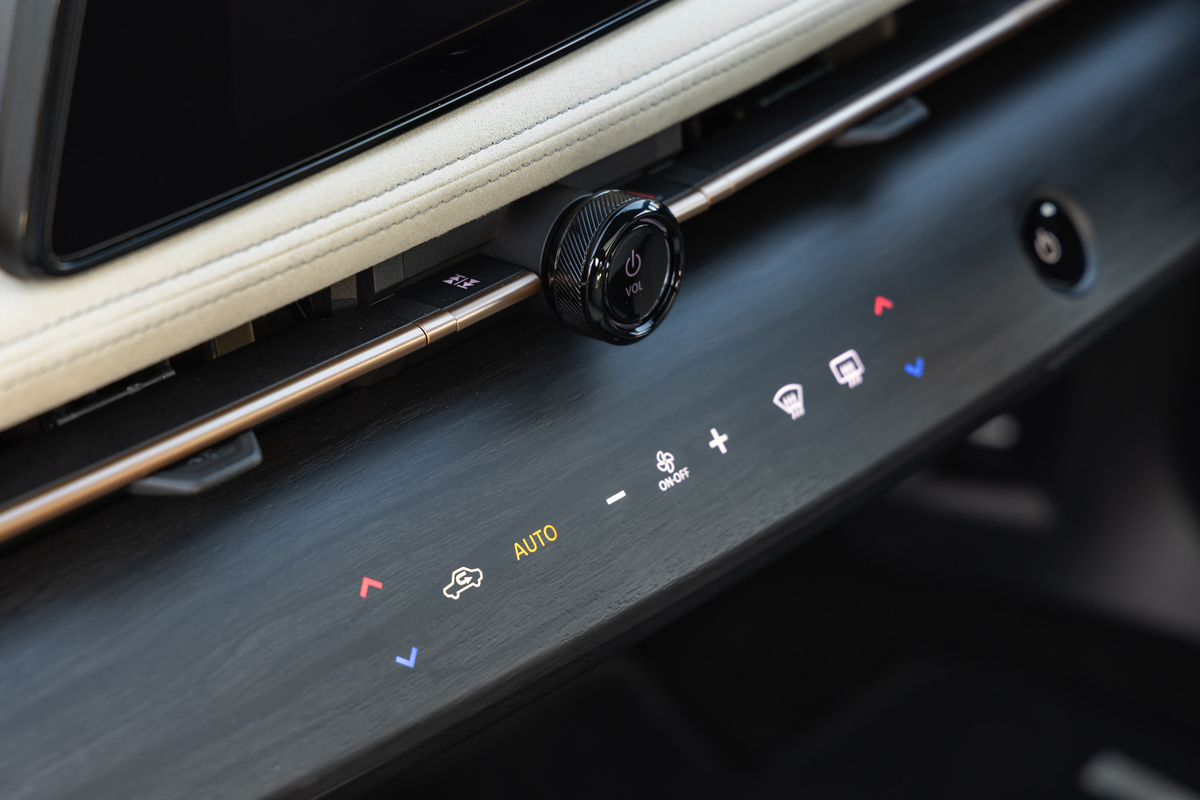-1200x800.jpg)
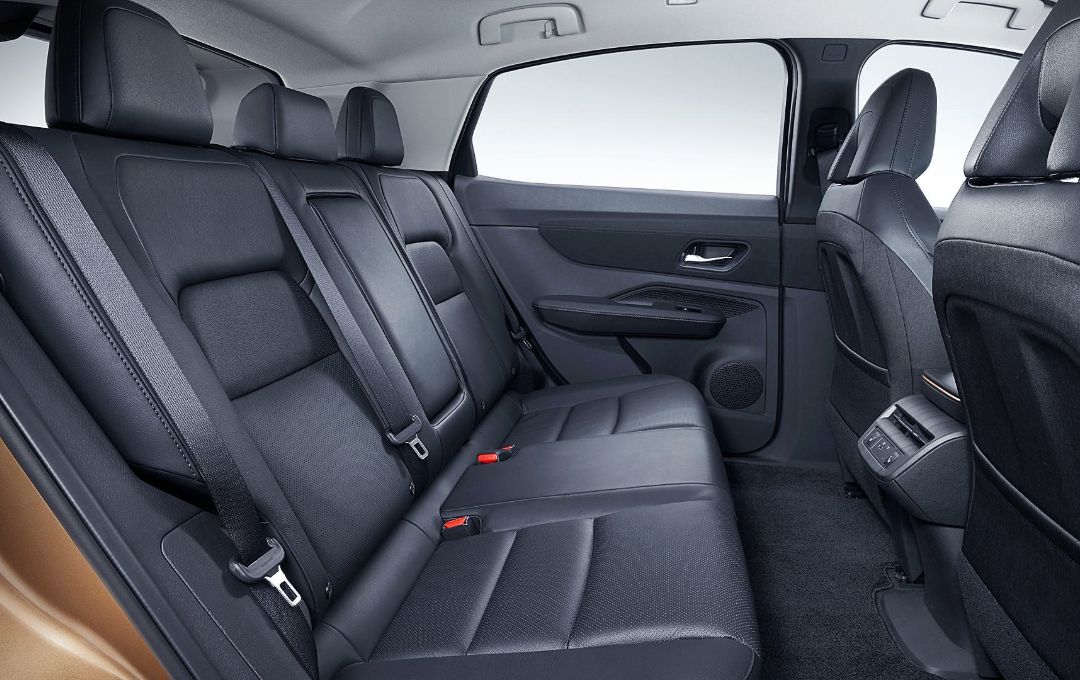
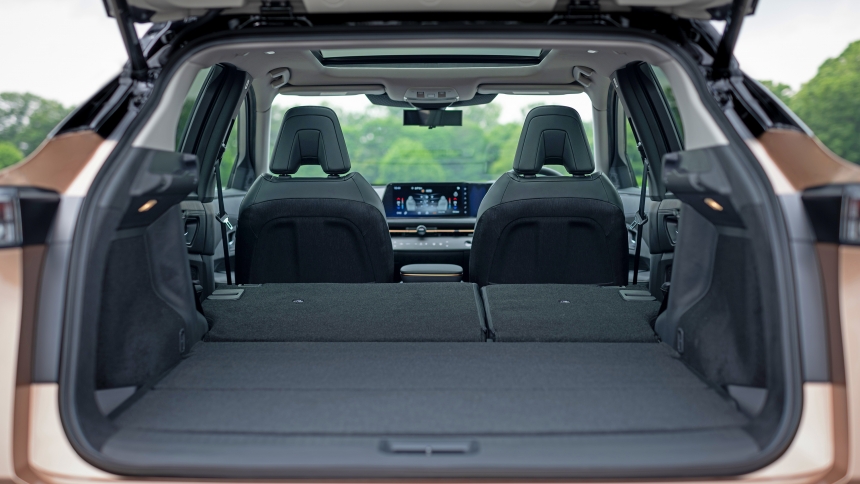
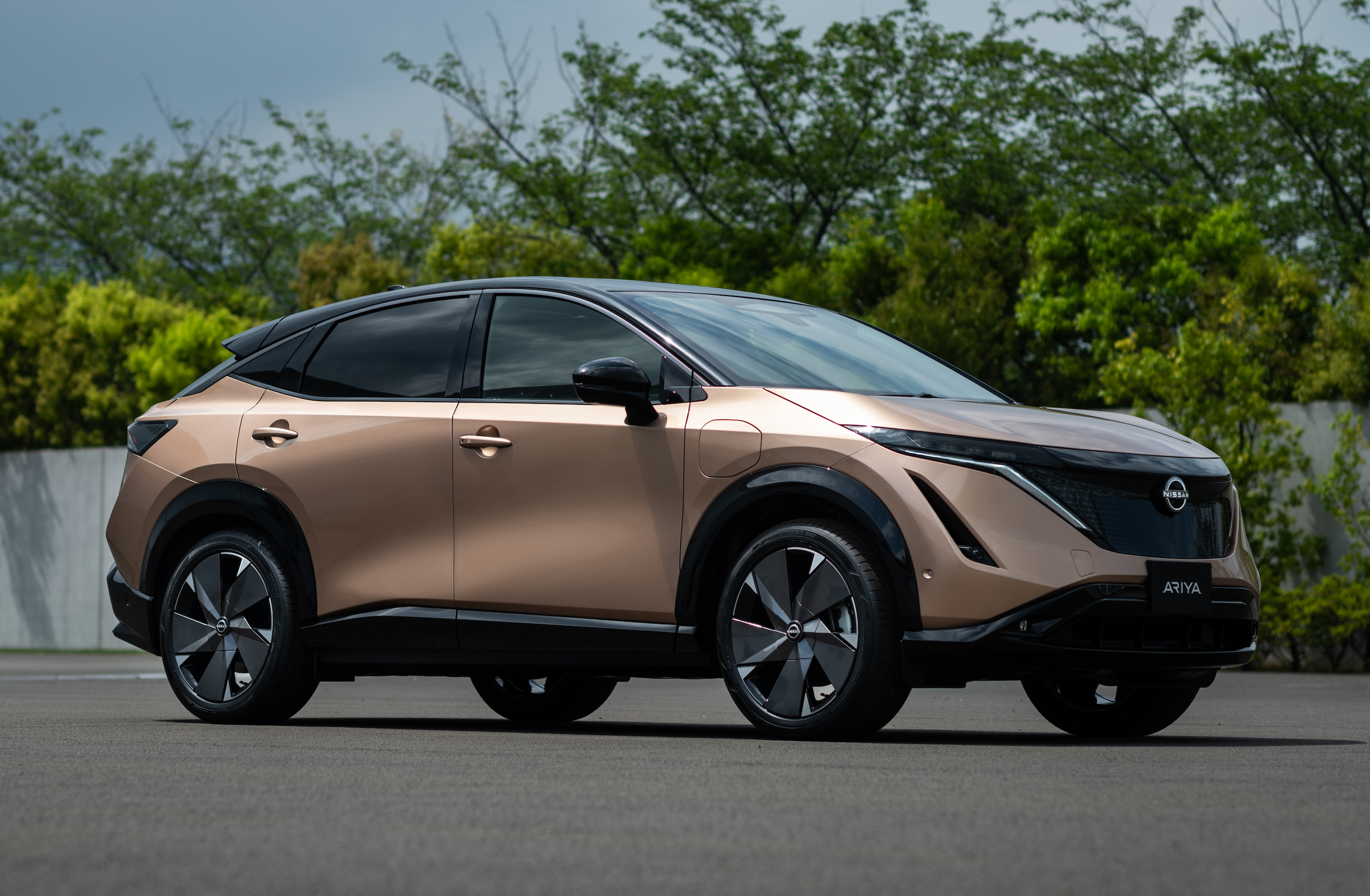
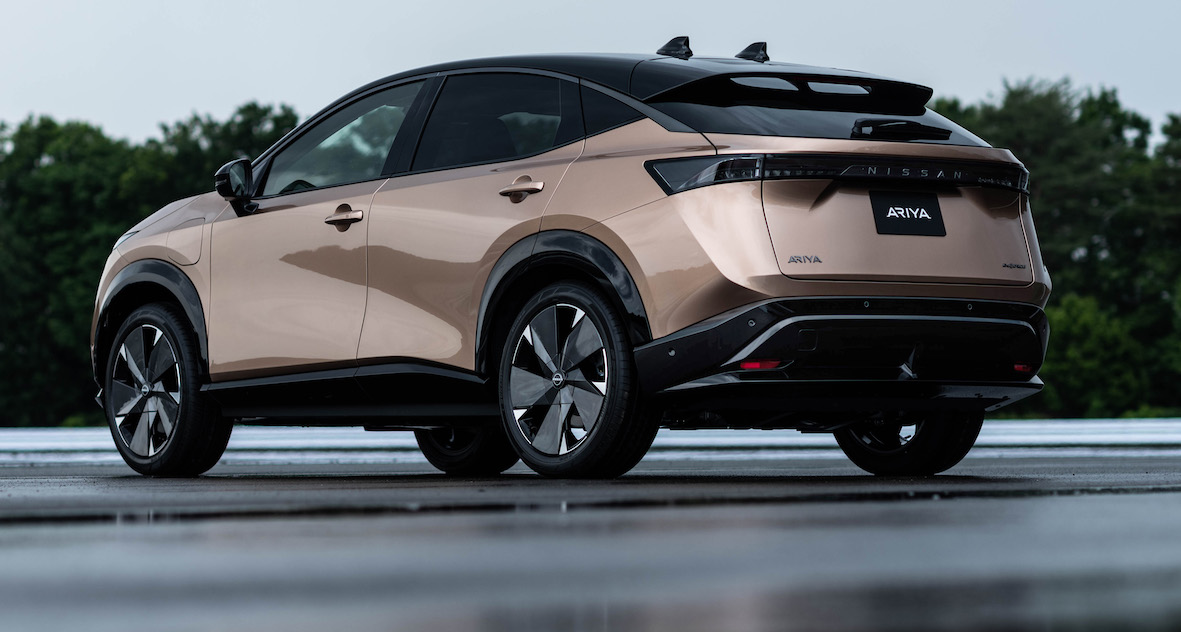
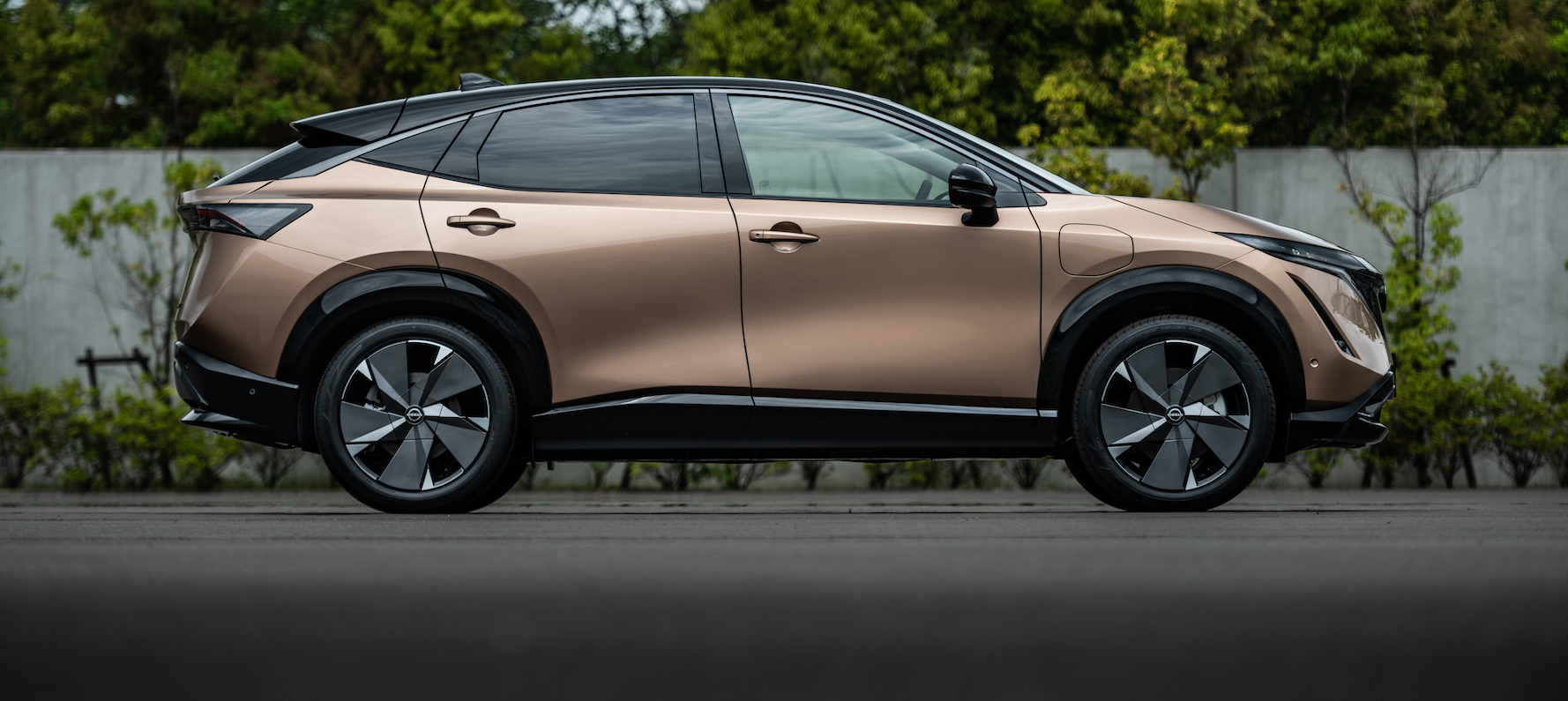
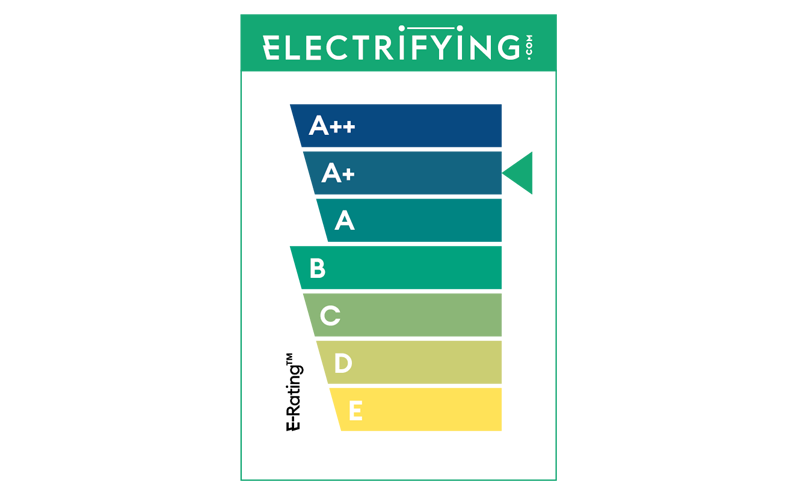


-1200x800.jpg?width=1500&height=1000)
